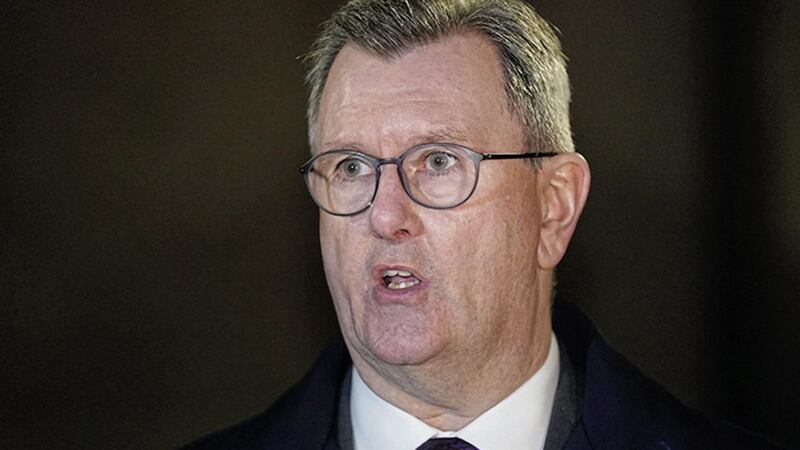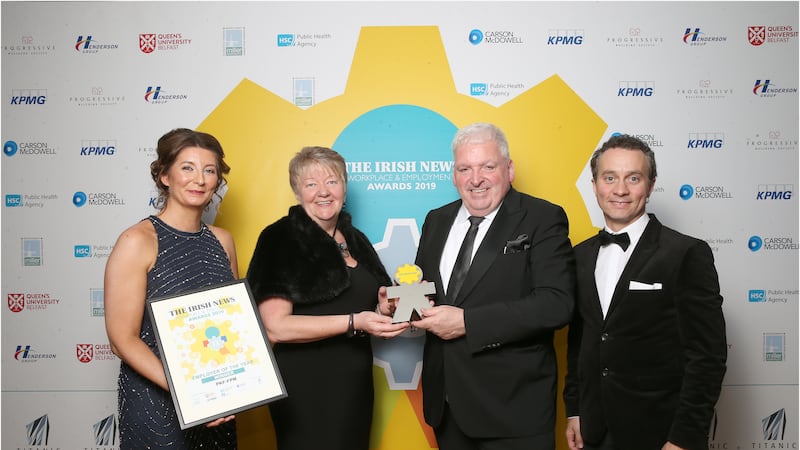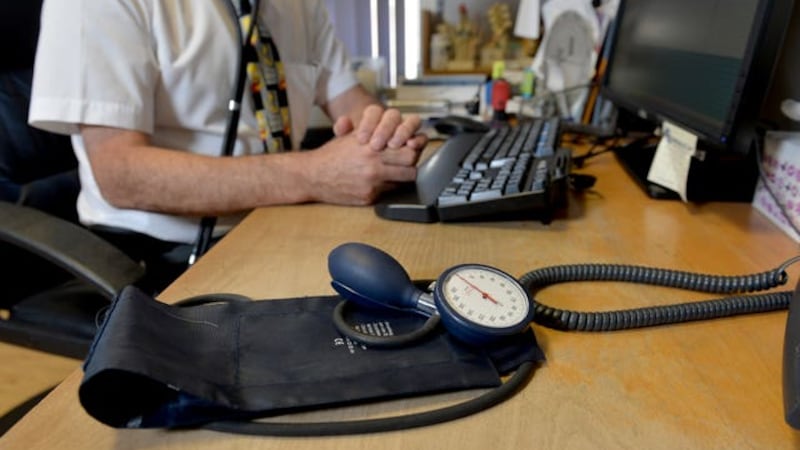STALLING the formation of an executive after next month's election has little public support, fresh research reveals.
Today's Institute of Irish Studies-University of Liverpool/The Irish News survey results show voters would instead prefer an executive to be formed immediately after the election, with political parties accepting the poll's outcome.
There is growing speculation that the DUP will refuse to rejoin the executive immediately after May 5's assembly election in protest at the Northern Ireland protocol.

Sir Jeffrey Donaldson has also refused to say that he would serve under Michelle O'Neill as first minister should Sinn Féin emerge as Stormont's largest party.
However, today's polling suggests the DUP's tactics would have little public support.
The greatest preference is for the immediate formation of an executive and an acceptance of the election result (45 per cent), while only 4.5 per cent believing there should be an extended negotiation for up to a year.
Almost a quarter of respondents advocate the immediate imposition of direct rule if no executive is formed (24.7 per cent), while one-fifth believe that if one of the larger parties refuses to nominate a first or deputy first minister, then the opportunity to nominate should pass to the next qualifying party (20.2 per cent).
If there's no executive after 12 months, direct rule, and direct rule with ongoing negotiations, gain the greatest proportion of support in the survey (41.5 per cent), while more than a fifth of respondents say an international mediator should be appointed to chair talks between the parties (21.1 per cent).
There is significant backing for the British government, in consultation with Dublin, appointing expert commissioners to run Stormont departments (18.2 per cent), while 14.1 per cent of respondents said there should be an acknowledgement that Stormont isn't working and its powers devolved to local councils.
Just 4.6 of those surveyed said there should be no time limit on how long the parties negotiate.
Read More
- Support for Irish unity gives hope to nationalism (premium)
- Nationalists urged not to be disheartened by poll support for united Ireland
- Public backs assembly reform alongside ditching of first and deputy first minister titles
- Peter Shirlow – Northern Ireland is moving beyond the desert island (premium)
- Anna Mercer – Overhauling the Stormont system would provide a better route to delivery (premium)
- David McCann – Those who care the least about the constitutional question will be key in referendum outcome (premium)








